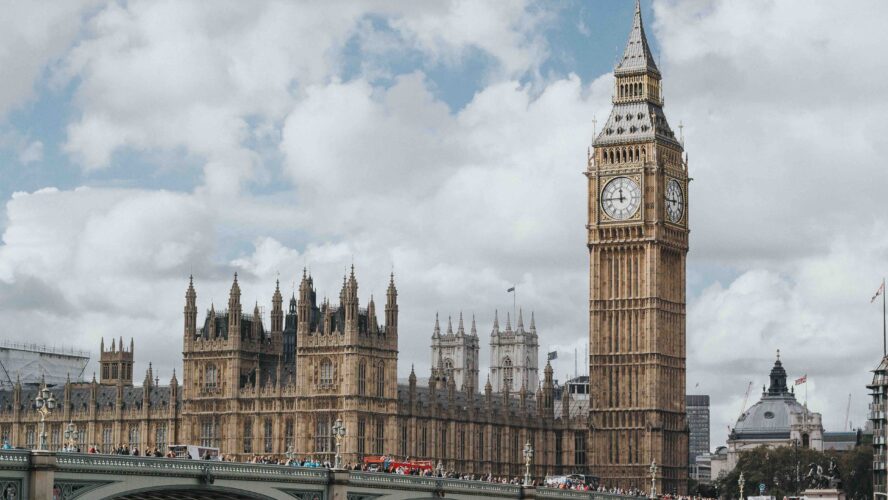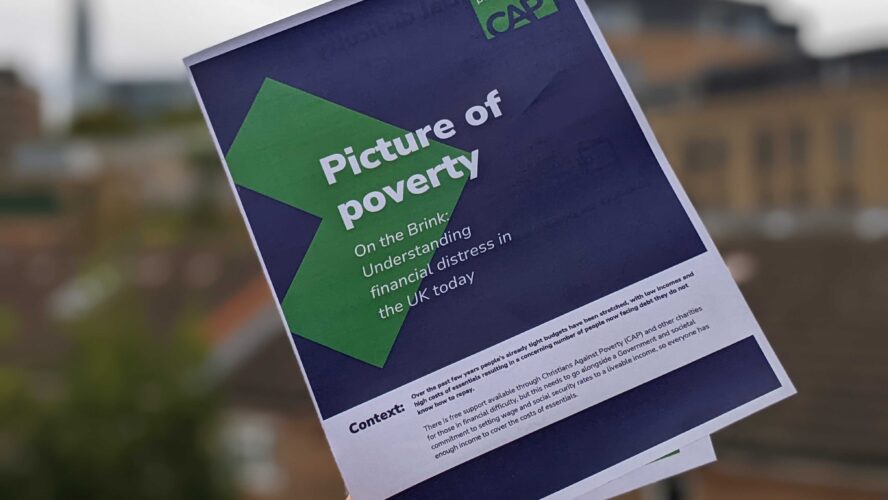
CAP’s response to the UK Government’s Water White Paper
Read our media statement here.











Subscribe to our updates for more inspiring stories of transformed lives, ideas for how you and your church can get involved, how we are working to change policy across the UK and more!